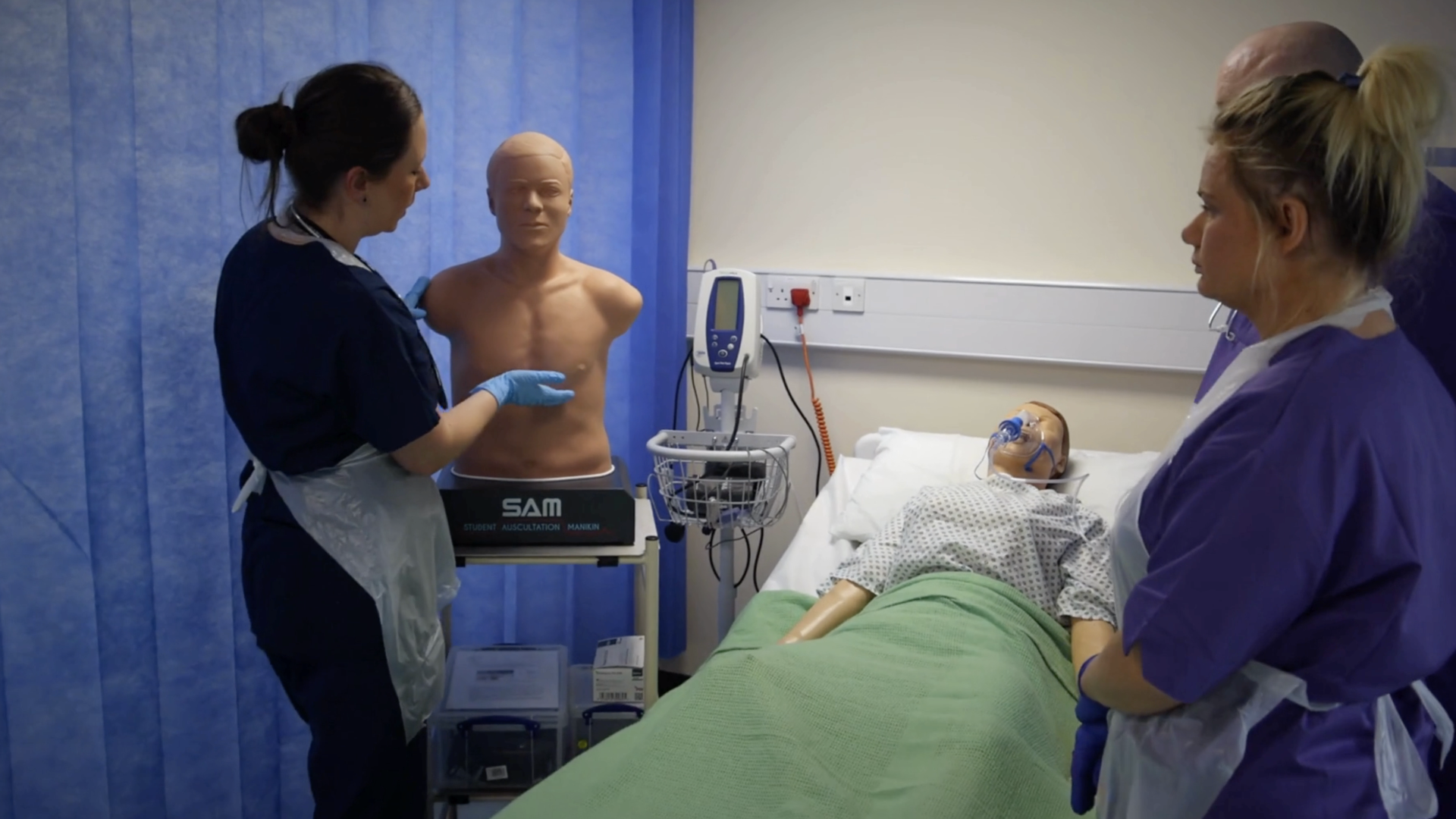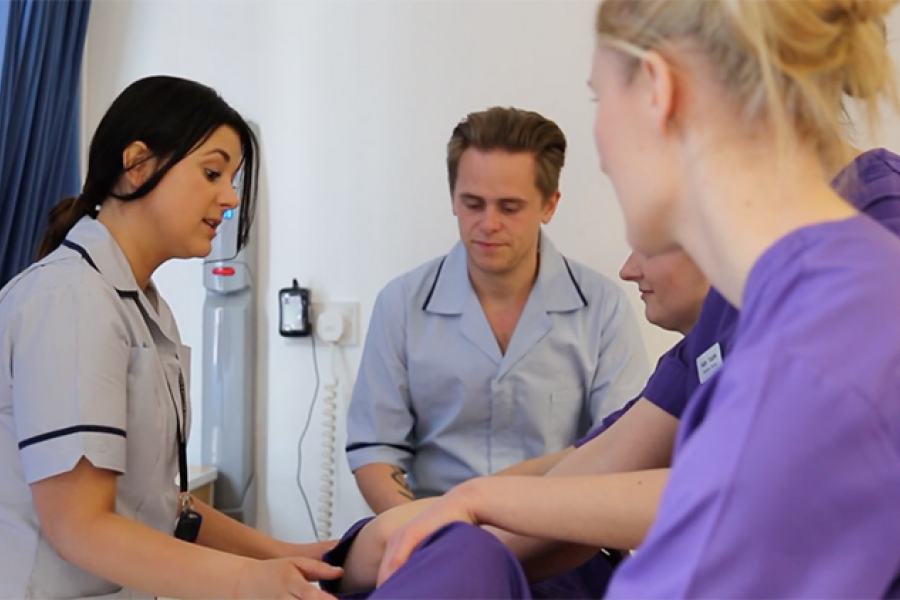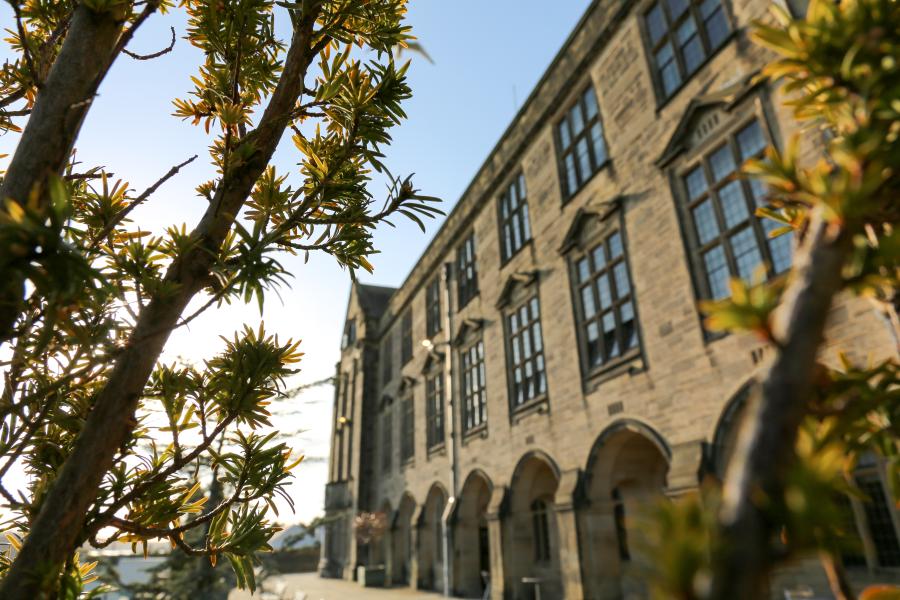Why Study Health and Social Care?
There are so many different areas for you to choose from within our Health and Social Care degree that you can chose areas that interest you in particular, or are relevant to your current work or future career aspirations.
We have a friendly and informal learning environment where you'll be taught by experts in the subject who aim to be innovative and to meet real-world needs. We offer a flexible degree structure offering a range of specialisms and a breadth of choice that enables you to tailor your degree to your needs and interests. We use a variety of learning approaches with an emphasis on the development of practical skills in observation, interpretation, information processing and presentation. We also have opportunities to study through the medium of Welsh.
You will join about 100 other students, so we can give you individual attention - class sizes are normally less than 30, so no one gets lost in the crowd. The programme is delivered via an innovative mix of teaching and learning strategies and methods, including lectures, seminars, tutorials, group-work, and reflective writing approaches.
Career Opportunities in Health and Social Care
Health and Social Care gives a good background for careers in areas such as health services management, research, health promotion and social and community work.
Some of our recent graduates have taken jobs with local councils as housing officers; working with vulnerable families, or refugees. Other graduates have worked for charities; helping the homeless, or those with mental health issues or addictions. Our graduates have also gone on to further study in areas such as social work and criminology and professional training in areas such as nursing or midwifery.
Do you have a question about life as a Bangor University student? Our ambassadors will be happy to help you find the answer.
They can tell you more about studying here, about the amazing Clubs and Societies we have, and how they made friends and settled in to life at university.
If you have any questions about the course, our lecturers are on hand to help. Below are some examples of frequently asked questions. Can you think of any more?
- What are the qualities of a successful Health and Social Care student at Bangor?
- How can I prepare myself to study Health and Social Care at Bangor?
- How will I know that Health and Social Care at Bangor is the right choice for me?
Our Research in Health and Social Care
Our research was placed in the Top 20 (of 94) in the most recent assessment of research quality with 95% of research either internationally excellent or world-leading (REF 2014) .
Our research groups are all part of the Bangor Institute for Health and Medical Research (BIHMR). We are building on BIHMR’s success in REF 2014 to sustain and grow excellence in health, medical and social care research. We conduct research of the highest standard, with UK and international impact that contributes to improvements in local health and healthcare, as well as making an impact across Wales, the United Kingdom and internationally.
You may also be interested in these related subject areas.
You may also be interested in these related subject areas.










